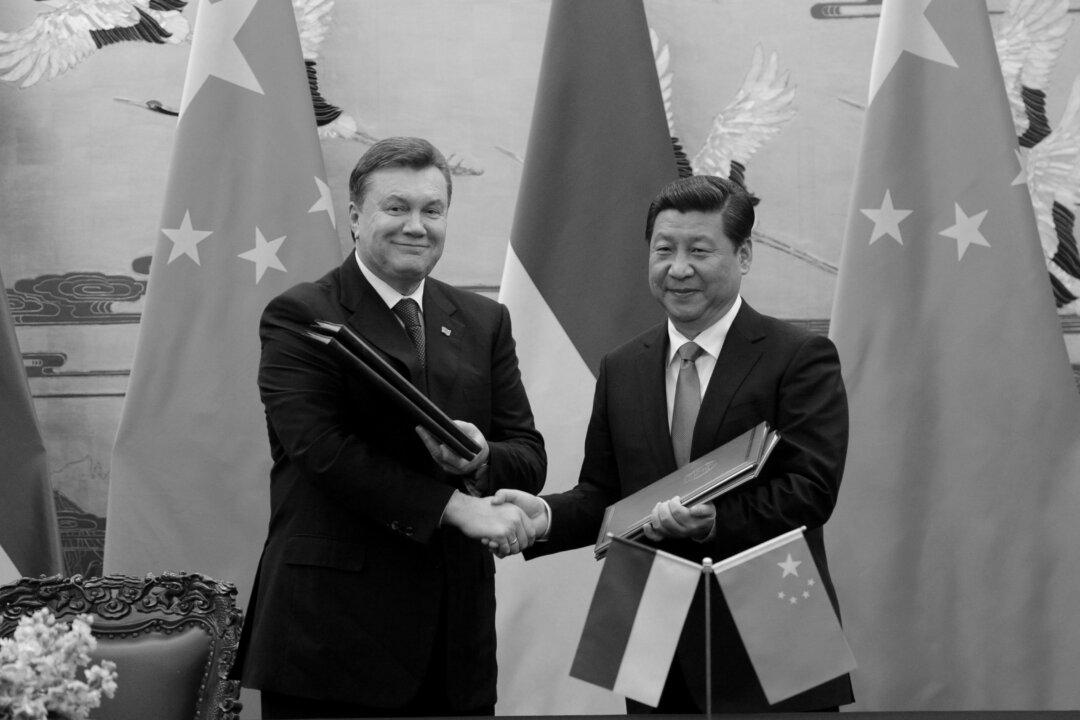Five renowned historians from five top Chinese universities jointly issued a statement opposing Russia’s invasion of Ukraine on Feb. 26. However, 1.5 hours later, the statement was deleted and all posts from the social media account that made the post also disappeared.
In the past few days, more Chinese scholars have been reposting commitments made by the Chinese regime to Ukraine over the past few years, in which Beijing pledged to protect Kyiv because Ukraine has supported Beijing’s Belt and Road Initiative and other projects that the regime launched in the global community.





